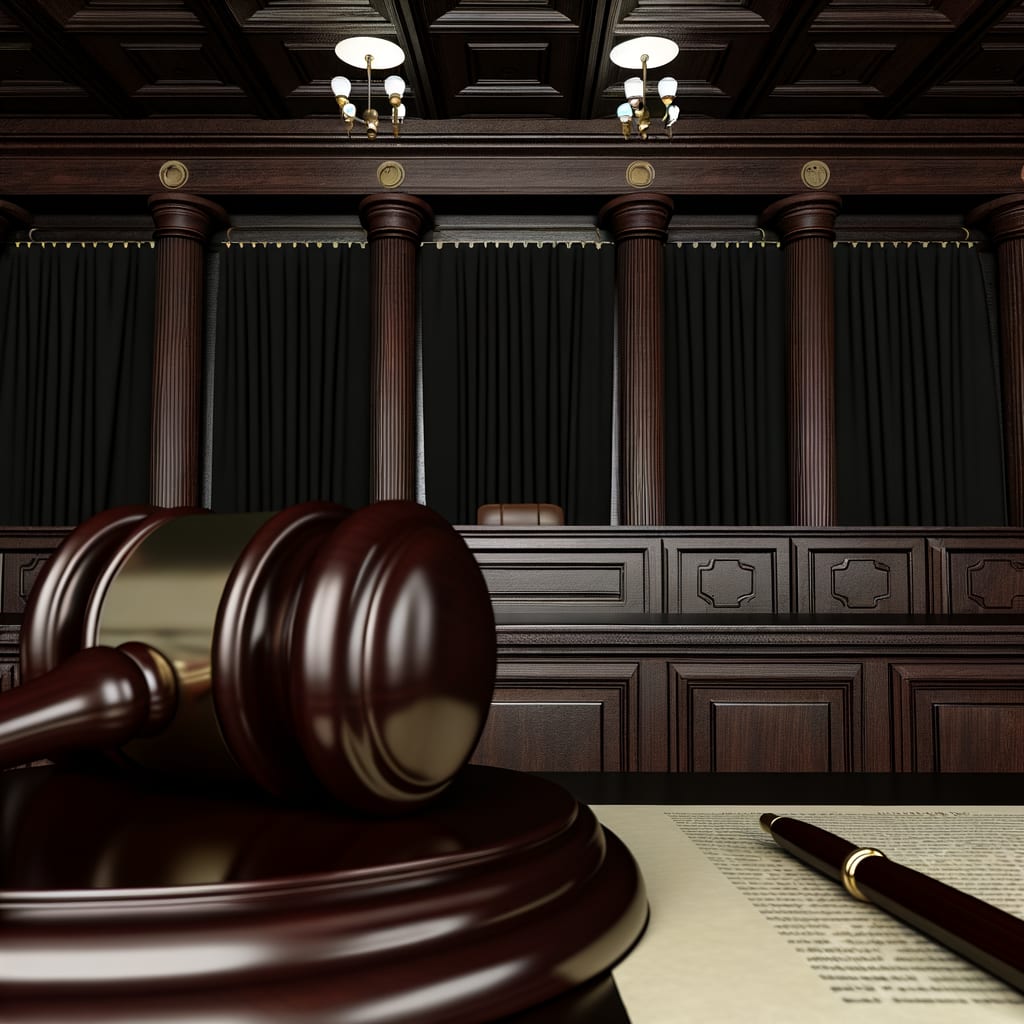Harvard Wins Legal Battle Over Trump Administration's Funding Freeze
A U.S. federal judge ruled Wednesday that the Trump administration unlawfully terminated approximately $2.2 billion in research grants awarded to Harvard University. The decision marks a significant victory for the Ivy League institution, which has been engaged in a months-long feud with the Trump administration.
Background and Context
Harvard University had sued the Trump administration in an attempt to restore billions in research funds that were canceled this spring. The White House accused Harvard of not addressing the harassment of Jewish students, using this as a reason to cut off research funding. The Trump administration's decision to freeze over $2 billion in Harvard's research grants was deemed illegal by U.S. District Judge Allison Burroughs.
Key Developments
In her 84-page ruling, Judge Burroughs stated that the Trump administration used antisemitism as a smokescreen
to illegally block the research funding for Harvard University. She further stated, We must fight against antisemitism, but we equally need to protect our rights, including our right to free speech, and neither goal should nor needs to be sacrificed on the altar of the other.
The ruling also pointed out that while the fight against antisemitism was valid, it was not the administration's primary aim. Rather, the officials wanted to pressure Harvard to accede to its demands in violation of its free-speech rights under the U.S. Constitution’s First Amendment.
Reactions and Implications
The White House criticized the ruling, stating that it's clear Harvard failed to protect its students and that the university 'doesn't have a constitutional right to taxpayer dollars.' Despite the ruling being a win for Harvard and its president Alan Garber, the broader clash with the Trump administration continues.
The ruling also signifies a major legal victory for Harvard University, as it seeks to negotiate an end to the White House's multi-front conflict with the country's oldest and wealthiest university.
Current Status
The court's decision to overturn the funding freeze delivers a significant victory to Harvard University in its ongoing battle with the Trump administration. The judge ordered the reversal of cuts amounting to more than $2.6 billion, ruling that the cuts were illegal retaliation for Harvard’s rejection of White House demands for changes to its governance and policies.
The frozen funds, which were intended for research grants, will now have to be restored as per the court's order. However, the broader conflict between Harvard and the Trump administration continues, signalling the potential for further legal disputes in the future.
In the ongoing battle over academic freedom, this ruling serves as a reminder of the critical role of courts in safeguarding the freedom of speech and important research against arbitrary and procedurally infirm grant terminations.

